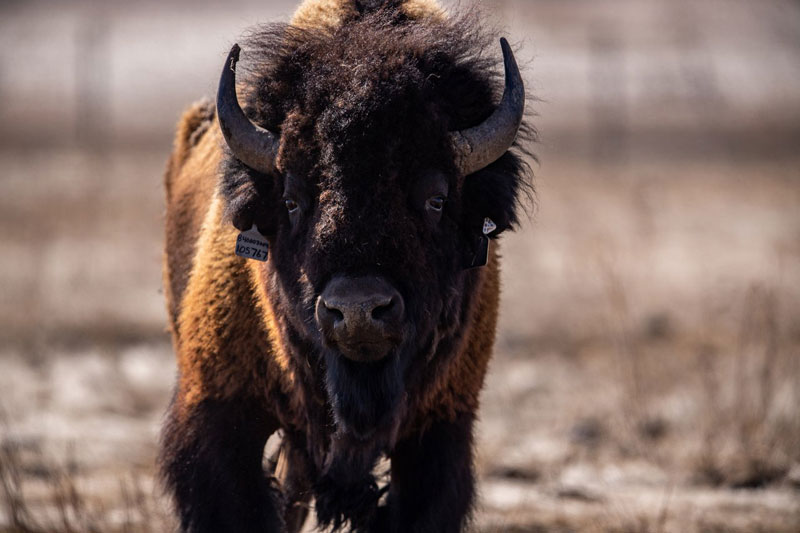Earth Day Canada – Recent surveys from two of the world’s 19 polar bear subpopulations show polar bears in some parts of Canada are getting fatter and increasing their numbers. Thanks to ongoing recovery efforts, polar bears in the M’Clintock Channel (716 bears) and Gulf of Boothia (1,500 bears) in Nunavut are responding well to changes in Arctic sea ice.
Earth Day News From Across Canada – Protecting wildlife
These boosts are due, in part, to good adaptive management by governments and local Inuit communities. However, with Arctic ice predicted to continue disappearing over the coming decades – including potential ice-free summers as early as 2030 – the impact on the Arctic marine ecosystem and polar bears will be monumental.
Also in the north, in the Northwest Territories, a new government plan was introduced to address the dramatic decline of barren-ground caribou (also known as reindeer). For centuries, these animals have provided food, clothing and cultural identity to Indigenous peoples; their droppings also add critical nitrogen to tundra soil and water. Much like humans, the caribou are suffering the effects of climate change, which has altered their habitat and prevented them from accessing food. For now, visitors to the Northwest Territories can view the majestic caribou on an excursion with Tundra North Tours, an Inuit company that showcases the region’s wildlife, northern lights and traditional culture on a series of full- and multi-day packages.
In Saskatchewan, bison have been reintroduced to Wanuskewin Heritage Park, a gathering place of Indigenous peoples for more than six centuries. The park is undergoing a $40-million revitalization with the goal of achieving UNESCO World Heritage Site designation; the new herd of bison is a key component, with conservation efforts successfully re-populating bison numbers across the continent, including several of Canada’s national parks. For now, visitors can take a guided bison tour at Wanuskewin, along with plant and archaeology walks that showcase the rich biodiversity of the region.
With the goal of developing a warning system to prevent ships from fatally striking endangered orcas, researchers from Simon Fraser University (Vancouver, BC), Dalhousie University (Halifax, Nova Scotia) and Carleton University (Ottawa, Ontario) are “teaching” a computer to recognize the sound of killer whales. Marine biologists will identify the sounds of whale species and differentiate them from other noises such as waves and boats; artificial intelligence (AI) helps detect orcas through patterns in the data. The AI will “hear” whale calls and send real-time alerts to ships hours before the orcas are in their path, so they can slow down or change course. The project received $568,000 in funding from Fisheries and Oceans Canada.





















